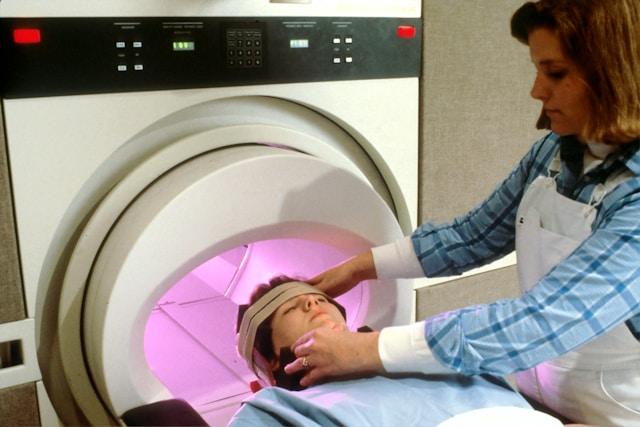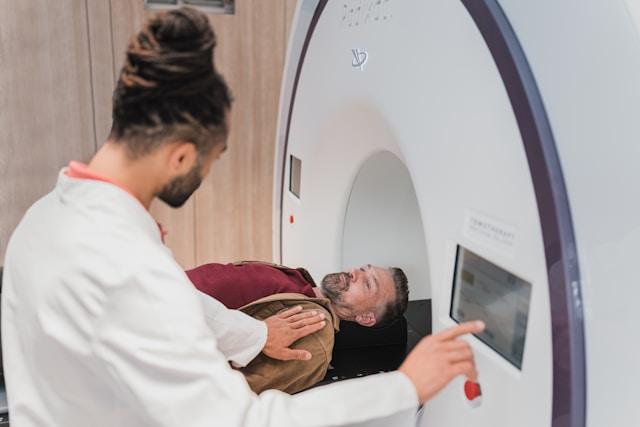
Thousands of people suffer from migraines every day. They are debilitating headaches that can cause you to shut down your entire day to deal with them. How do you know if you’re dealing with a migraine or a regular headache?
A migraine attack can last anywhere from four to 72 hours if you leave it untreated. There’s no set time for the definition. Likewise, there’s no set amount of migraine attacks that you will see per month. Some people can see one a month, some people can suffer from them daily. However frequent, there are signs that it is actually a migraine. Look for:
Pain on one side or both sides of your head – You can experience intense, throbbing or pulsing pain across your entire head, or it can be localized in certain areas of your head.
Sensitivity to light, sounds, and sometimes smells and touch – You may want to find a dark, quiet room to ride it out. A cold compress across the eyes can also help give you some relief.
Nausea and vomiting – Headaches bad enough to generate vomiting and nausea are generally going to be referred to as migraines, although not every vomiting spell comes from a migraine.
Blurred vision – Your eyesight doubles and you have trouble seeing, often leading to balance issues.
Lightheadedness, sometimes followed by fainting – when you have this, it’s time to stop moving. Get off the road if you’re driving, sit down if you’re walking, and get someplace safe.
If you find yourself with these symptoms and repeated headaches, you may be suffering from migraines. Call Dr. Robert Hagan at Neuropax Clinic today to make an appointment to see if peripheral nerve surgery in our office can help. Call us at 314-434-7784 to make an appointment. Don’t live another day with migraines. Let us help.





















